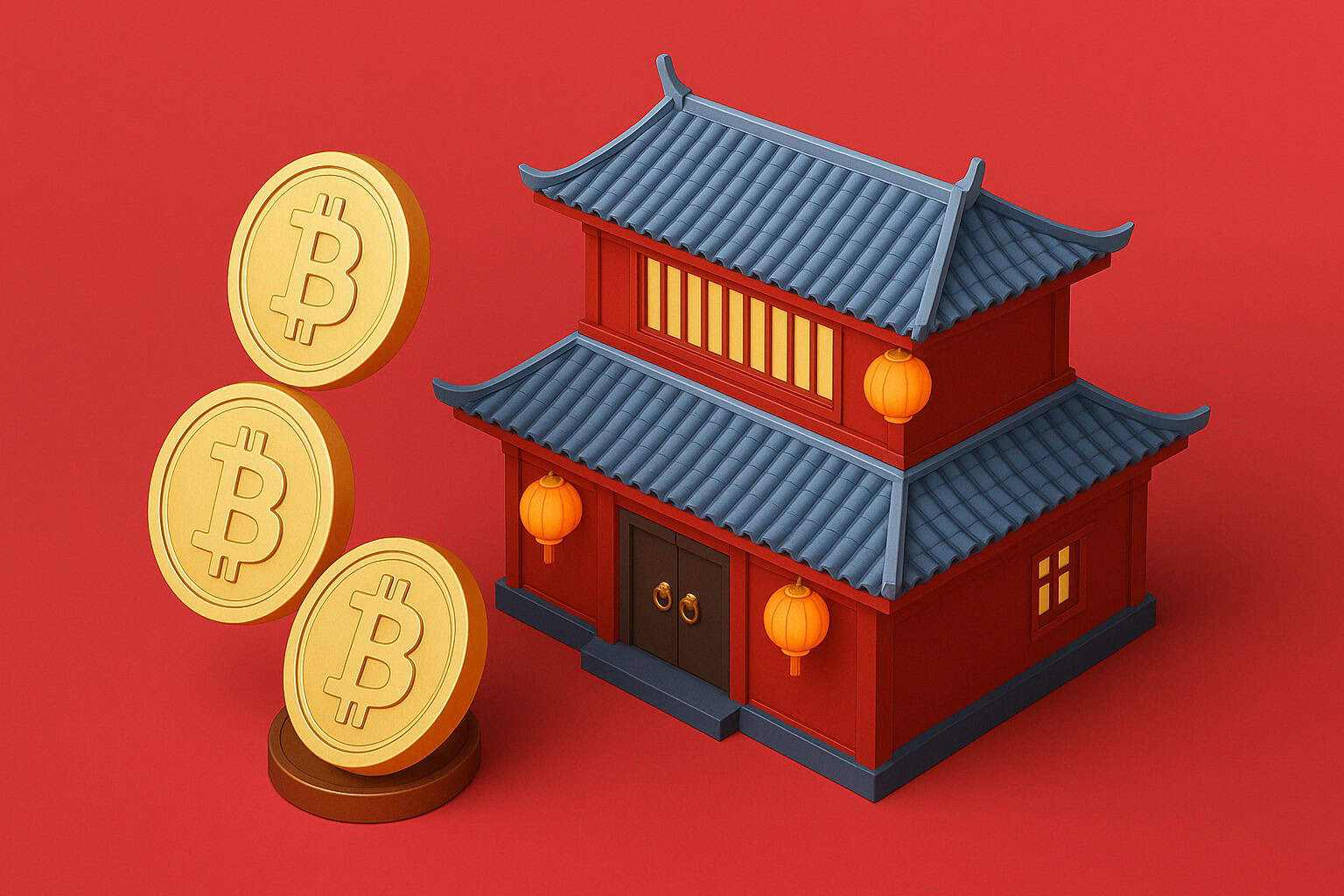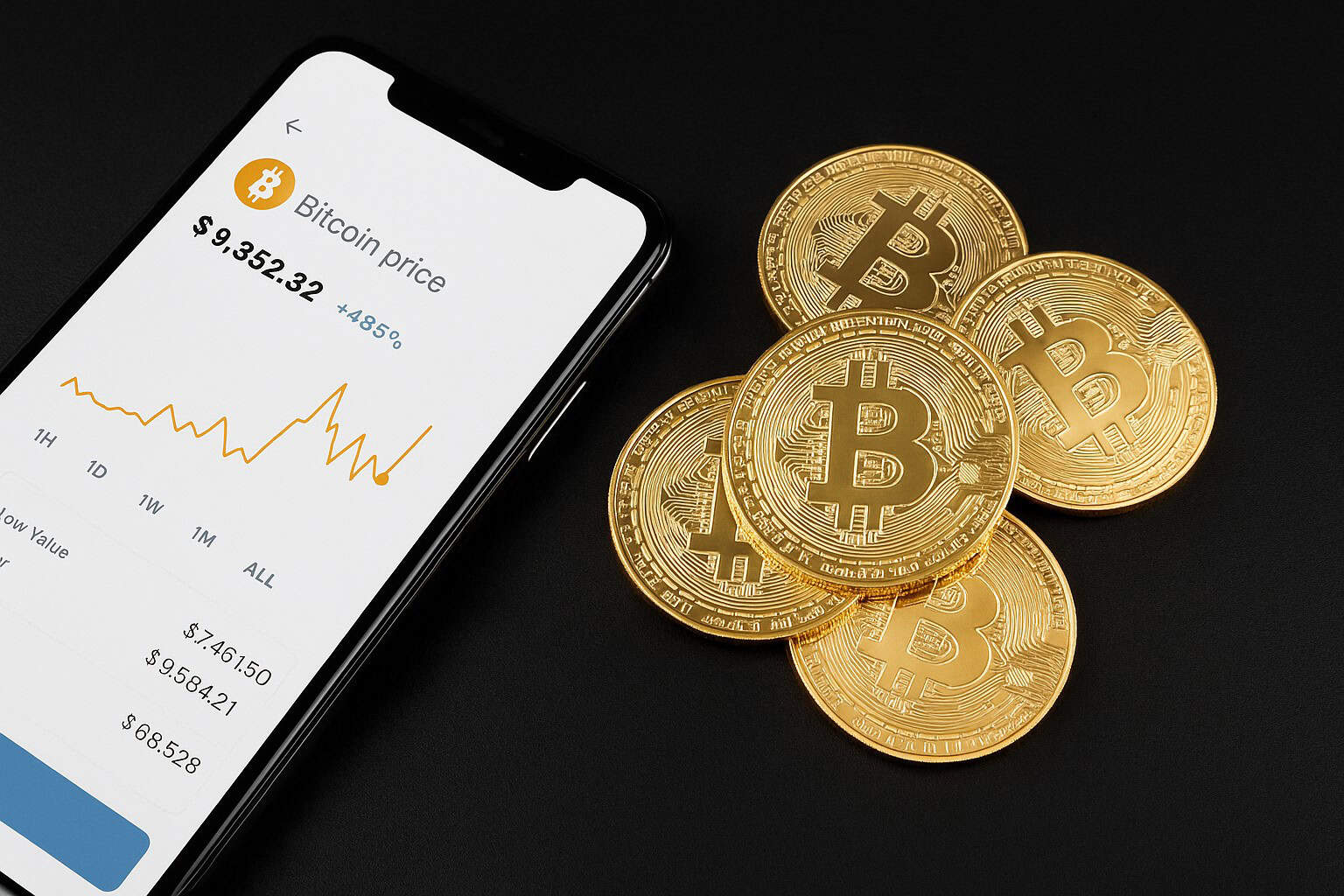South Korean crypto users respond to global and domestic changes, pushing exchange-held assets to new highs.
The South Korean crypto market has reached new heights, with investors holding approximately $73.4 billion in digital assets across domestic exchanges, the Bank of Korea (BOK) confirmed in its latest report.
As first reported by Busan Ilbo, the data shows that in December 2024, crypto holdings in South Korea exceeded the 100 trillion won ($70.5 billion) mark for the first time — an all-time high since the central bank began tracking digital asset metrics.
Trump’s Re-Election Fuels Korean Investor Optimism
Market analysts widely attribute this surge to the re-election of Donald Trump as U.S. President in November 2024, citing his pro-crypto platform and rhetoric as a global confidence booster.
Between October and December, South Korean crypto holdings soared by over 42 trillion won (~$29 billion) — a 2.2x increase. Just prior to the election, holdings were at 58 trillion won ($41 billion).
The rapid shift indicates that Korean investors view Trump’s presidency as potentially ushering in a more favorable global crypto climate.
Crypto Trading Activity Hits Record Highs
The BOK also reported that average daily trading volumes hit 17.2 trillion won ($12.1 billion) by late December — a fivefold increase from October levels.
These figures demonstrate the market’s rapid momentum and suggest heightened engagement among both retail and institutional participants.
South Korean Law Also Key to Growth
In addition to U.S. political developments, the BOK pointed to domestic regulation as a contributing factor. The Virtual Asset User Protection Act, effective since July 2024, introduced legal protections and clearer compliance guidelines for exchanges and investors.
This bolstered trust in domestic platforms and encouraged larger holdings. However, second-phase updates to the law were derailed by political unrest, specifically President Yoon’s controversial martial law attempt on December 3.
Despite the turmoil, lawmakers remain committed to crypto regulation and are expected to resume legislative efforts after the June 2025 elections.
South Korean Blockchain Firms Call for Reform
While retail interest is booming, South Korean blockchain companies are still limited by strict restrictions. They are currently not allowed to issue tokens or hold cryptocurrencies for investment purposes.
Critics argue this has stunted local innovation and allowed U.S. and Japanese firms to pull ahead in the global blockchain race.
There is cautious optimism, however, as regulators have hinted at loosening these policies by late 2025.
Stablecoins Under Regulatory Microscope
The BOK concluded its report with a warning on stablecoins, calling for targeted regulation due to their function as payment instruments.
“Their widespread use could interfere with legal tender and monetary policy tools. A tailored regulatory approach is urgently needed.”
The BOK committed to working closely with the Virtual Asset Committee, offering its input as South Korea builds a stablecoin framework that balances innovation with economic control.



